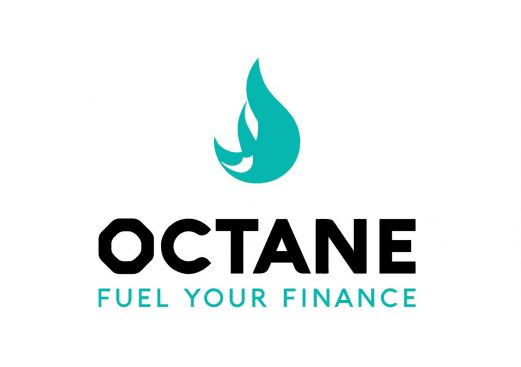Following on from our previous article on the Enforcement of County Court Judgments (CCJs), here is a list of the fees that High Court Enforcement Officers (HCEOs or bailiffs in the old terminology) can legitimately charge when collecting a debt.
Firstly, you should be sent an enforcement notice which gives you 7 clear days notice of the intention to visit. If an HCEO turns up unannounced, you should ask them for proof that they have sent the required notice. Sadly, if the police are called (usually on the basis they are there to prevent a breach of the peace), they may not be aware of these rules which were all updated in April 2014 and so you will have to persuade them that the HCEO is not allowed to pursue their actions.
The initial fee that can be charged is £75 and so if you receive an enforcement notice and pay the debt prior to a visit, you should only be paying the HCEO £75 in fees.
If a Controlled Goods Agreement is made (where the HCEO takes control of your goods but does not remove them), they can charge £190 and 7.5% of any CCJ owed over £1000.
If a Controlled Goods Agreement is not made or one was made but the debtor (the person who owes the money) has failed to keep to the terms of the Agreement, then the HCEO can add £495 to the £190, 7.5% and £75 fees.
If goods are removed another £525 can be added, again with a 7.5% charge for anything over £1000.
VAT should not be charged on top of those fees.

Octane Finance is the broker of choice for new and used car dealers nationwide. With our uncompromising service levels and our genuine and professional approach, you and your customers can trust us to deliver.







